Gov’t, Private Sectors Push for Stronger Biosafety in Philippine Biotech Research
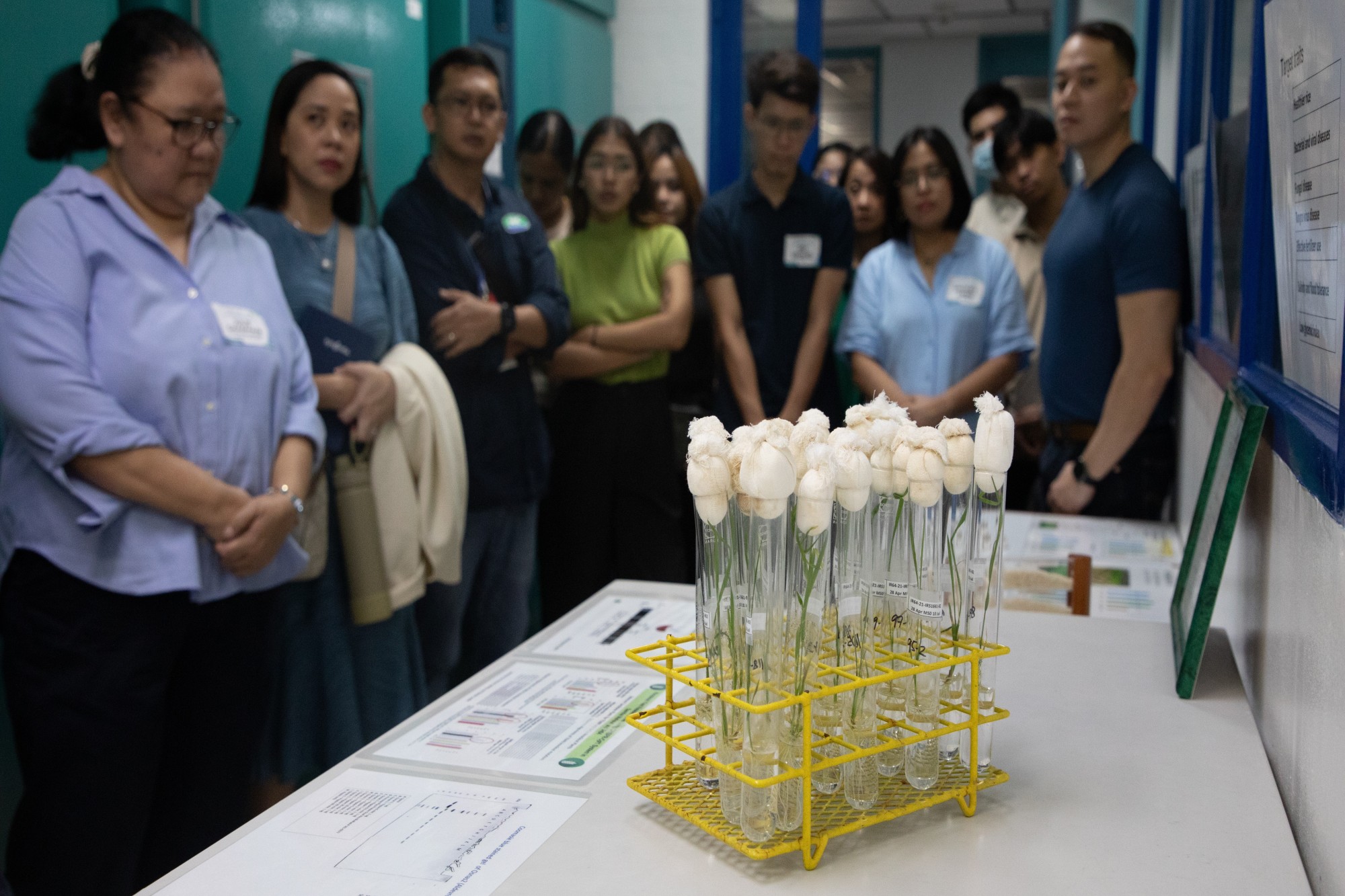
LOS BAÑOS, LAGUNA (17 July 2025)– Protecting public safety and environmental health remains a top priority as biosafety leaders gathered at the International Rice Research Institute (IRRI) to strengthen their shared responsibility in managing research, particularly those involving genetically modified organisms (GMOs) and other products of modern biotechnology.
The Department of Science and Technology-Biosafety Committee, in partnership with IRRI, conducted an Institutional Biosafety Commitee Orientation and Refresher Seminar to strengthen biosafety practices for GMO research in the Philippines. The event brought together members of Institutional Biosafety Committees (IBCs) from both the public and private sectors across Luzon to promote the safe, ethical, and compliant use of modern biotechnology in contained use and confined test experiments.
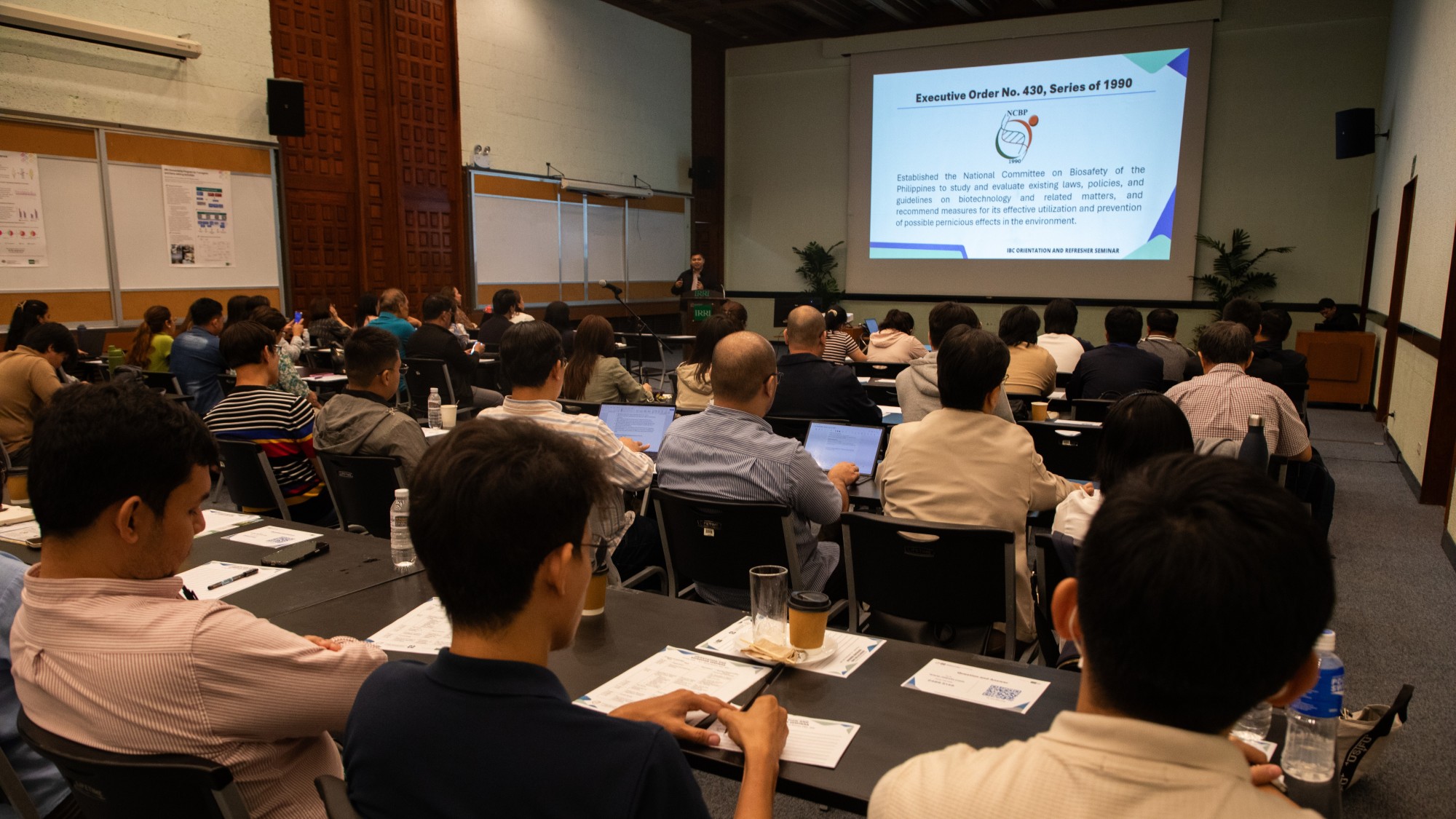
“You are our frontliners in ensuring that research involving regulated materials remains safe, ethical, and compliant with national and institutional guidelines,” said Dr. Reynaldo V. Ebora, Chair, DOST-BC and Executive Director of the DOST-Philippine Council for Agriculture, Aquatic and Natural Resources Research and Development (PCAARRD), in a video message.
Dr. Junel Soriano, Deputy Director General - Philippines Representative, echoed this, saying, “Today, we reaffirm our dedication to stewardship and regulatory excellence in all studies involving regulated materials. We are proud to showcase our best practices, which will be highlighted during the tour of our transgenic facilities”
IRRI has a long-standing relationship with DOST-BC and the overarching National Committee on Biosafety of the Philippines (NCBP), dating back to the establishment of the NCBP in 1990.
Operationalizing Biosafety on the Ground
Seminar participants toured IRRI’s Genome Engineering and Transgenic Laboratory, Biosafety Glasshouse-01, Transgenic Research Facility and the Seed Health and Logistics Unit to observe how biosafety protocols are applied in research settings.
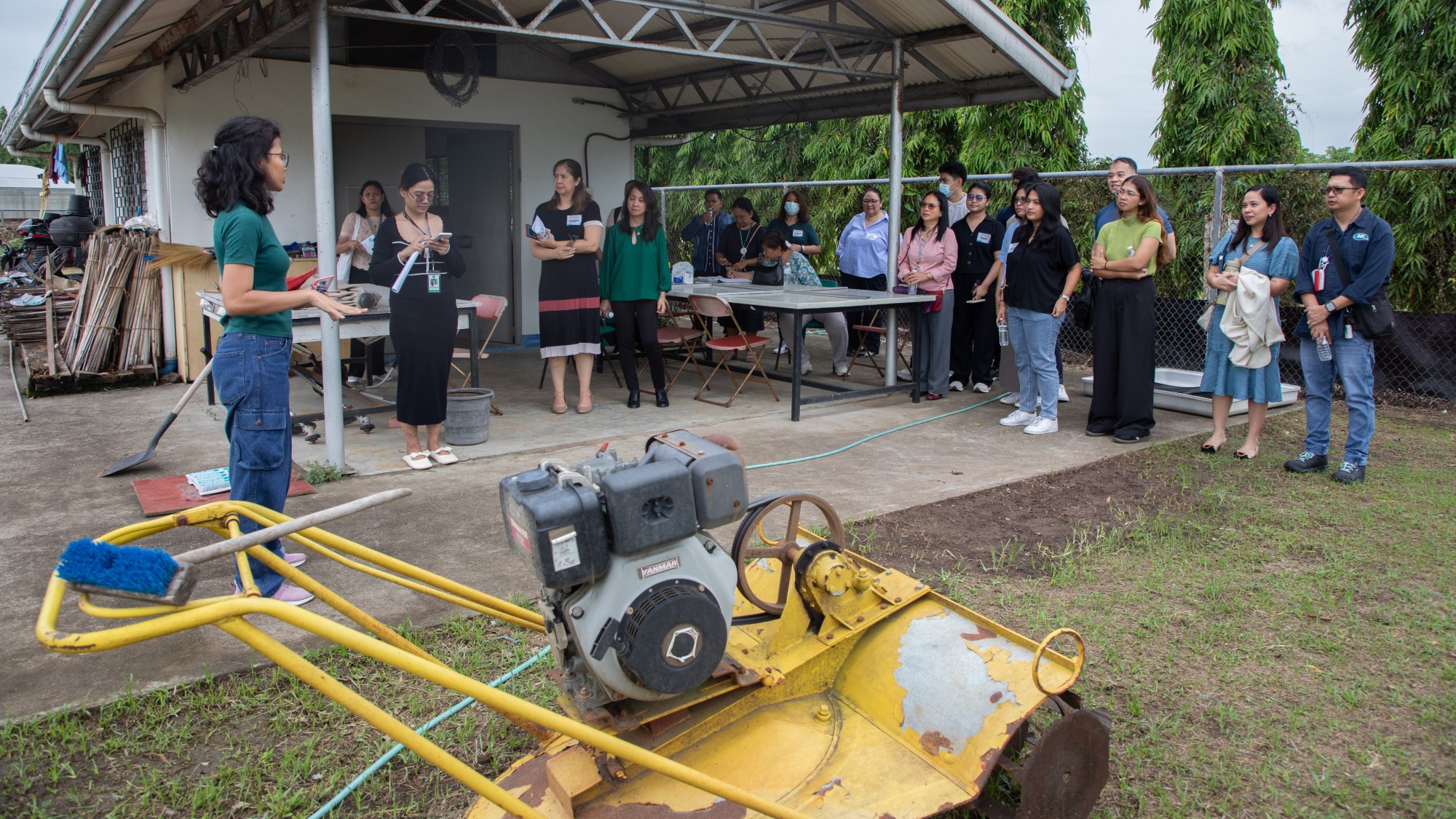
Technical sessions also covered key steps and highlights of the Philippine Biosafety Regulatory System, including proposal submission, risk assessment, and post-approval monitoring.
Under this system, all institutions conducting GMO research are required to form Institutional Biosafety Committees (IBCs) to review studies, oversee implementation, and ensure compliance with national biosafety standards.
“Whether you’re a researcher or a regulator, we all have a role in ensuring GMO work is done safely and responsibly,” said Ma. Lorelie U. Agbagala, Assistant Scientist, DOST and Head Secretariat, DOST-BC and NCBP.
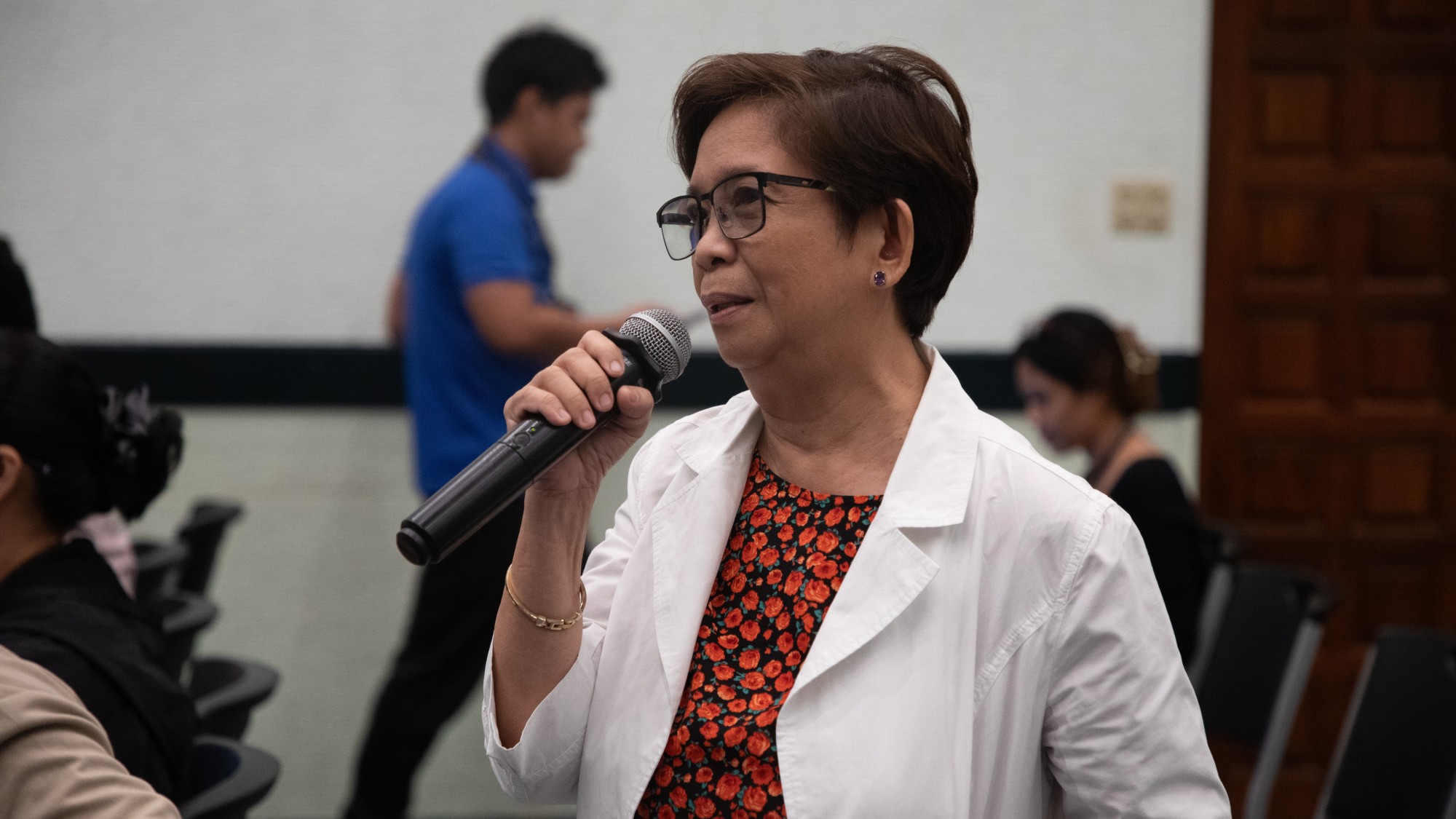
The sessions further emphasized long-term stewardship in GMO research, including continued biosafety monitoring even after commercial release and the involvement of accredited community representatives to strengthen public trust. Core national policies, such as Executive Order No. 514, which provides guidelines for implementing the National Biosafety Framework, and Joint Department Circular No. 1, Series of 2021, which governs all aspects of genetically modified plant and plant products derived from modern biotechnology, were also revisited as key pillars of the country’s biosafety system.
IRRI maintains full compliance with biosafety requirements and adheres to international standards. It is a member of Excellence Through Stewardship (ETS) and adopts ETS initiatives in the conduct of its research involving products of modern biotechnology.
Commitment to Responsible Innovation
With stronger connections in place, the biosafety community is better positioned to respond to emerging challenges, uphold ethical standards, and ensure that innovation continues to serve both science and society.
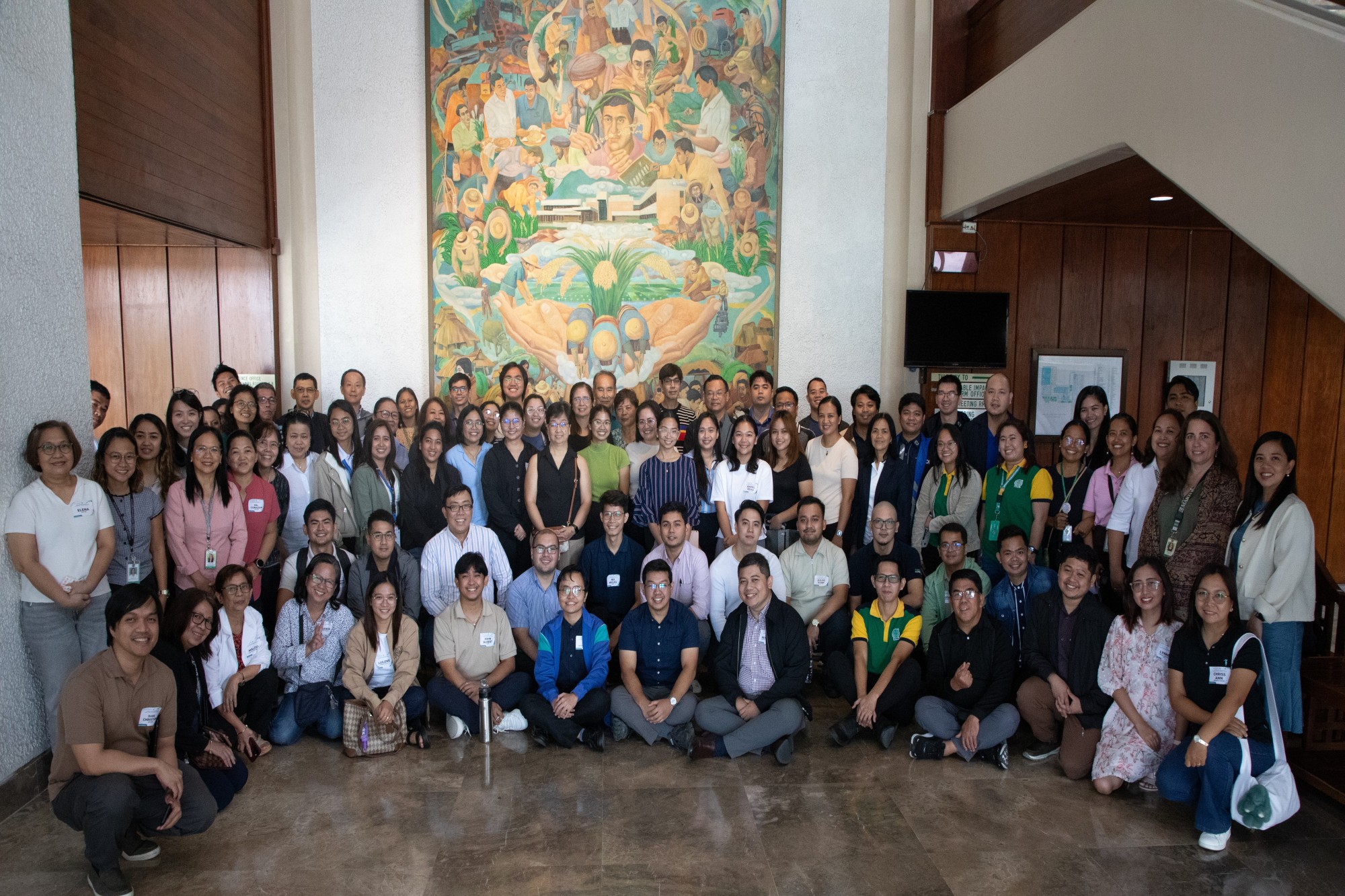
Representatives from Syngenta, Bayer Crop Science, Corteva, BioAssets Corporation, the Industrial Technology Development Institute (ITDI), University of the Philippines Los Baños (UPLB), University of the Philippines Diliman (UPD), and other key institutions joined the event, reflecting a shared commitment to responsible biotechnology research.
“This is a great starting point for building a community of practice on biosafety and collaboration between the public and private sectors. We’ve built a community here, and that’s something we can all rely on moving forward,” said Dr. Martina Castellion, Chairperson of IRRI-IBC and Senior Research Manager for the Seed Health and Logistics Unit.